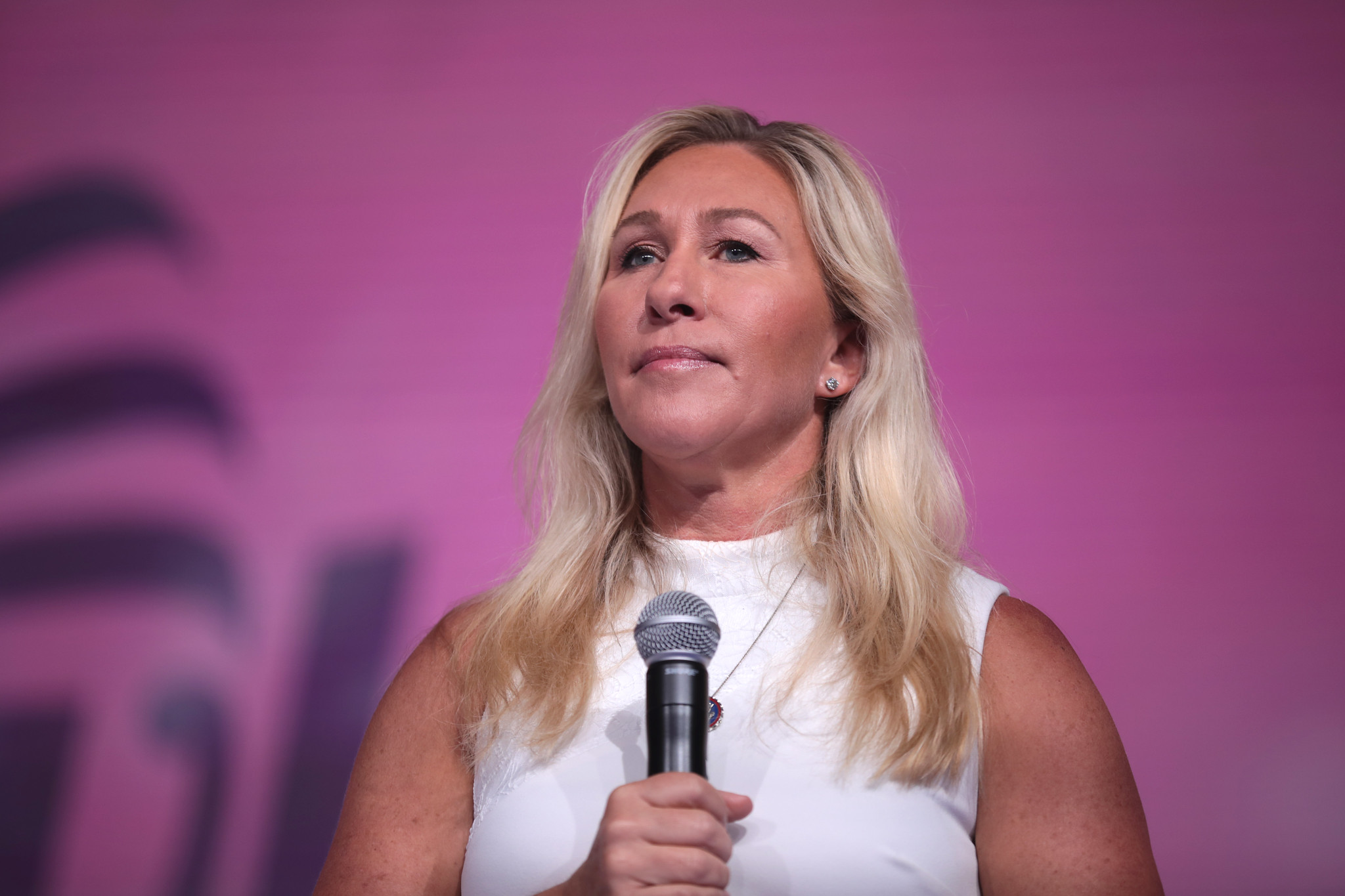Once ranked among the lowest-performing states in the nation, Mississippi’s public education system has undergone a striking transformation—an outcome Governor Tate Reeves attributes to a decade of conservative reforms emphasizing basic skills, rigorous standards, and accountability.
In 2013, Mississippi languished near the bottom of national rankings. Today, the state stands as a model of unexpected progress, with fourth-grade reading scores climbing to 21st nationally by 2022, according to the Associated Press. New 2024 results from the National Assessment of Educational Progress (NAEP) further cemented Mississippi’s rise: the state now leads the nation in demographic-adjusted scores for both fourth- and eighth-grade students. High school graduation rates have surged as well, growing from 72 percent in 2013 to nearly 90 percent in 2024. The turnaround has captured national attention. Vice President JD Vance, in a recent social media post, described Mississippi’s gains as “pretty incredible”—a rare bipartisan nod to the state’s education policies.
Governor Reeves, who served as lieutenant governor when the reforms were first enacted, told The Daily Caller that he credits a “back to basics” philosophy for the state’s transformation. Central to that effort was the Third Grade Reading Gate, a law mandating that students meet specific literacy standards before advancing to the fourth grade. Though critics initially warned that the policy would increase student retention rates, Mississippi instead saw retention fall from 9 percent in 2019 to 6.5 percent in 2023, even as literacy benchmarks became more demanding. Complementing this effort was a major shift in reading instruction: comprehensive phonics programs replaced outdated strategies, backed by a dedicated $15 million annual investment in deploying literacy coaches statewide.
He refused to call it a “miracle,” however. “It’s really not a miracle at all,” the governor asserted. “It’s really a result of conservative reforms implemented in public education — they’re making a huge difference for kids.”
The state’s reform program extended beyond literacy. Math instruction was restructured around a skills-based framework, and career coaching initiatives were introduced to better prepare students for workforce demands. Gains among minority students were especially significant: Hispanic students now rank fist nationally in math and third in reading, while African American fourth graders have moved from 45th to 3rd place nationally in reading assessments—a demographic shift that underscores the broad reach of Mississippi’s approach.
Mississippi has the best demographic-adjusted NAEP (4th & 8th grade) scores now
The "Mississippi Miracle" started in 2012 when the Republican governor/legislature introduced phonics-based instruction and began to hold back ~10% of 3rd graders per year who fail a reading test pic.twitter.com/BYtlXePzRd
— Arjun Panickssery (@panickssery) April 7, 2025
Curricular reforms were accompanied by an expansion of educational choice and stronger accountability measures. Charter school options grew across the state, and Mississippi launched Educational Savings Accounts to assist students with disabilities in accessing alternative schooling opportunities. The state also introduced a public school grading system modeled after Florida’s, aiming to provide clearer transparency for families and communities evaluating school performance.
Mississippi’s experience challenges conventional assumptions about the limitations poverty imposes on educational outcomes. While the state continues to face serious economic hurdles, its educational progress suggests that expectations—and the support structures necessary to meet them—matter more than previously acknowledged. “We raised expectations, and Mississippians rose to meet them,” Reeves said, reflecting on the broader philosophy behind the reforms. Scholars across the ideological spectrum have noted that Mississippi’s case provides a counterexample to the notion that demographic factors alone determine educational success.
[Read More: Trump Favorite Looking At The Senate]











Seems that kids can learn, if they are taught properly. Regardless of color. Regardless of poverty. Life is NOT cheap. Education and inspiration will lead to prosperity.
GO MS GO
Expensive new buildings with fancy classrooms have nothing to do with education. They are all done for the teachers as “bragging items”. I have a niece and a nephew who were home schooled by their single mother. She operates a small “thrift store” out of her garage. She also maintains a large vegetable garden small orchard. She raises chickens for egg sales and rabbits for meat sales. When the children were tested against regular school taught children they received the equivalent GPA scores of 4.0 +. Their mother could not afford to send them to college. Yet both were recruited by in and out of state colleges with offers of full scholarships. No expensive new buildings with fancy classrooms whatsoever and they received an outstanding education. It’s all about the teacher and the methods employed.